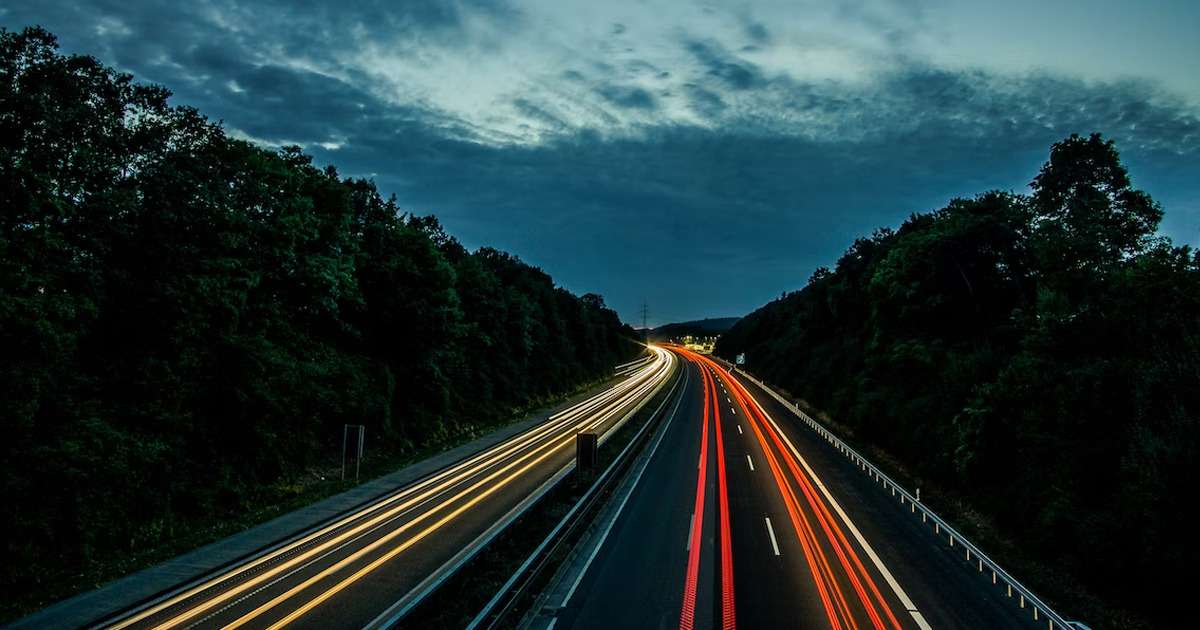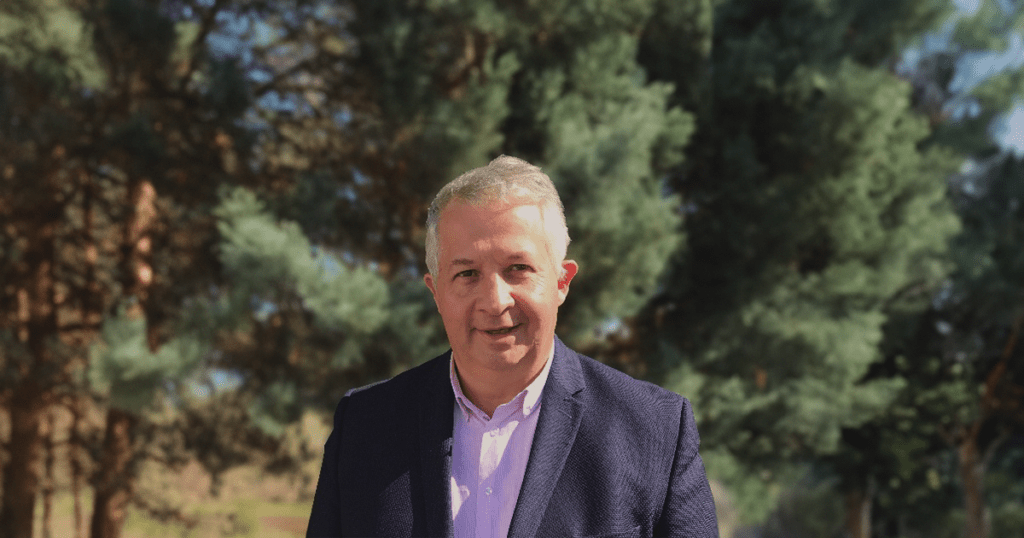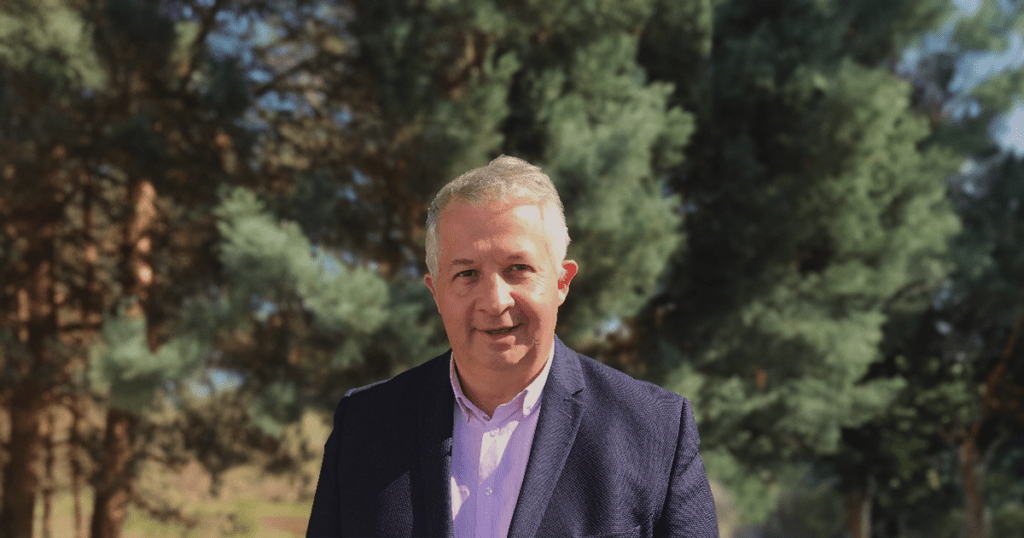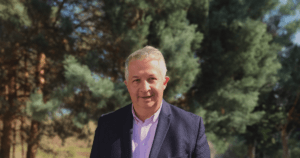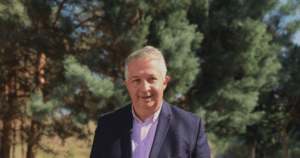What if we reversed the trend by paying motorists to leave their private cars behind? That’s the promise of this unique initiative. Reverse tolls have already been adopted in the Netherlands, but it looks like the idea is finally coming to France. And more precisely, in the Lille European Metropolis (MEL). Zoom in on this major first in France, made possible by a promising collaboration with one of the world leaders in payment services…
An ingenious “ecobonus
In its perpetual quest for “better air quality and accessibility in the region”, the Lille Metropolitan Area (MEL) has made congestion one of its main concerns. And to achieve this, it has decided to put in place a very clever initiative.
Also known as the “positive toll”, its aim is to encourage motorists to “adopt virtuous habits”. Drivers will receive a bonus of two euros for each journey avoided during rush hour. This amounts to up to €80 per month, according to the awareness campaign conducted by the dps agency. But that’s not all… Many of the region’s shops and retailers have signed up to the operation, offering shopping vouchers in exchange for bonus points accumulated for each journey made.
As part of the communication campaign, our main objective was to succeed in conveying a clear and attractive message to promote this programme, which may seem complex at first glance”.
AMANDINE DEBERDT, CONSULTING DIRECTOR AT DPS
Among the alternatives offered to users, the European Metropolis of Lille suggests teleworking, opting for more sustainable modes of transport (public transport, scooters, bicycles, walking, car-sharing, etc.) or even shifting their working hours. The program will initially be tested on the A1 and A23, two motorways that are frequently congested during rush hour. The trial period will last 9 months, from 4 September 2023 to 14 June 2024. The aim is to achieve a 6% reduction in traffic between 7am and 9am and 4.30pm and 6.30pm.
Wordline at the controls
In charge of the “technical side and overall management of the project”, Wordline was selected by the city of Lille to implement a genuine incentive solution. Powered by its cutting-edge payment technologies, Wordline was asked to deploy a mobile application and a simple, fun website. These two digital platforms are called “Changer ça rapporte” and include a support system.
In addition to our many public transport projects, Worldline is helping to change users’ habits by proposing practical, sustainable alternatives that are in line with what the regions have to offer. This MEL project is in line with our desire to contribute to social change with solutions that respect the environment.
AURÉLIEN BARBIER-ACCARY, DIRECTOR OF MOBILITY & E-TRANSACTIONAL SERVICES, WORLDLINE FRANCE
In just a few clicks, users will be able to enter the mode of transport used or check that their premium has been paid. They can check this by sending a few receipts and geolocating their smartphone when validating their journey.
A resounding success in the Netherlands
Launched in Rotterdam in 2010, the reverse toll system has proved its worth. According to an article published in Le Point, the scheme has been adopted by 40% of the 10,000 participants. Still financed by the Rotterdam authorities, to the tune of several million euros a year, it has so far prevented 4,000 journeys a day.
Paid €3 per journey avoided and €3.5 credited to a travel card, participants receive their bonus as soon as their number plate has not been identified by one of the Automatic Number Plate Reading (ANPR) systems installed on the roads. This check has enabled the Dutch city to confirm that it has succeeded in reducing rush-hour traffic by 5 to 10%. It remains to be seen if the Lille European Metropolis will also achieve the same result…
